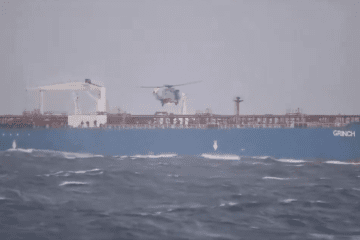- Category
- Latest news
Kazakhstan Shuts Down Soviet-Themed Victory Day Parades Linked to Russia
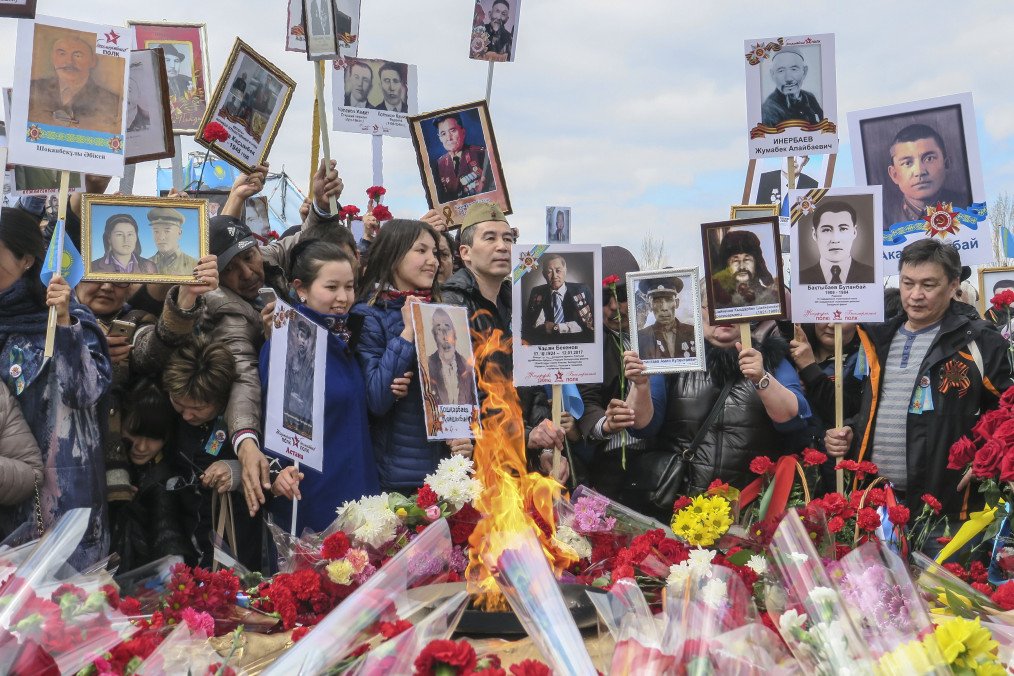
Kazakh authorities have refused to authorize “Immortal Regiment” marches—an annual Victory Day tradition closely tied to Russia—across multiple cities ahead of May 9, Current Time reported on May 1.
The bans include a denial from the administration of Almaty, Kazakhstan’s largest city. In cities like Pavlodar and Petropavl, where Russian-speaking populations are significant, officials proposed shifting the event online, suggesting people display photos of wartime relatives on LED screens instead. The official explanation: no available venues.
Authorities warned that any attempts to defy the ban would be treated as unauthorized demonstrations, with possible arrests, fines, or detentions.
In response, a group of activists recorded an appeal to President Kassym-Jomart Tokayev, holding a Soviet flag.
“We, the descendants of the victors, want to hold the Immortal Regiment march, which in Kazakhstan is known as “Batyrlarga tagzym” (Salute to Heroes), in the streets of Almaty on Victory Day, May 9,” they said in the video message.
“We appeal to the president and all local authorities to allow us to express these patriotic feelings.” The group accused Almaty officials of being “anti-Soviet” and vowed to hold the march regardless of whether it was officially approved.
Authorities in Taldykorgan, Kyzylorda, Turkistan, Uralsk, Atyrau, and Kostanay also said they are not planning any similar commemorative processions for the 80th anniversary of the victory in World War II.
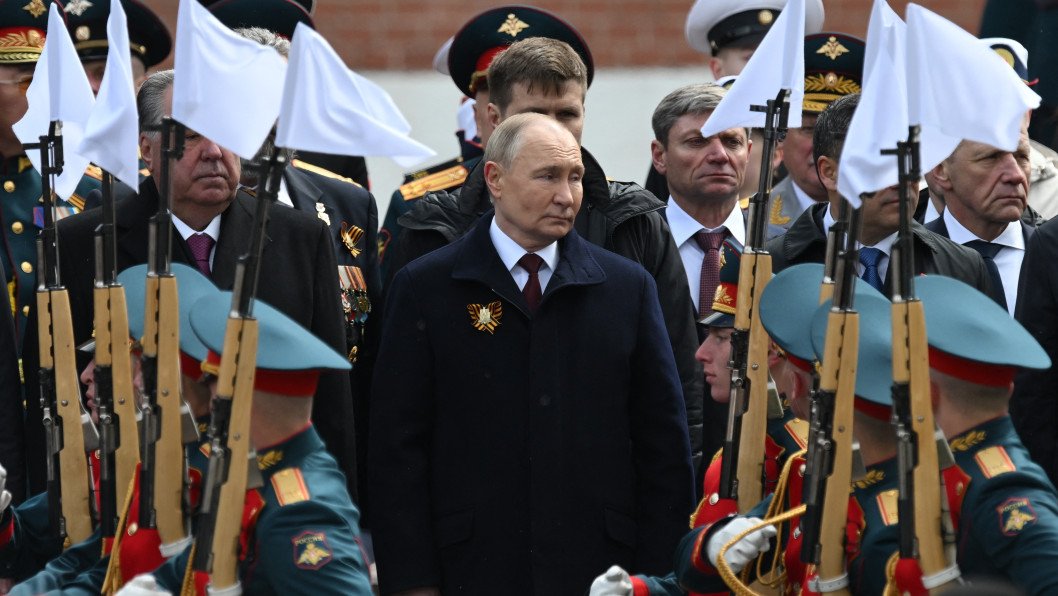
The capital city of Astana is no exception. Asked about the event, Astana Mayor Zhenis Kassymbek told Kazakh media Orda he was unaware of any plans for an Immortal Regiment march, but noted the city will host a military parade and air show on May 7 for the first time in years.
In Petropavl, individuals identifying as “volunteers” have reportedly been recruiting participants for a pro-Russian demonstration in exchange for payment in Russian rubles.
The last official Immortal Regiment march in Kazakhstan took place in 2019. The pandemic halted public gatherings for two years, and after Russia launched its full-scale invasion of Ukraine in 2022, the government replaced the march with a new event called “Salute to Heroes”, swapping the St. George ribbons for national symbols.
Still, the demonstration closely resembled the original — with columns of people carrying World War II flags and portraits of Kazakh veterans.
Authorities also canceled the marches in 2023 and 2024, citing global instability, the risk of provocations, and a national flood emergency.
Public sentiment toward Russian-linked patriotic events appears to have shifted significantly since the invasion. “The war has clearly had an impact, showing how propaganda narratives can be weaponized,” said Almaty-based civil activist Alnur Ilyashev. “They’re used to justify revanchist ideas by invoking the heroic path of our ancestors.”
Political analysts interviewed by Orda agree, saying the government’s decisions reflect a broader effort to distance Kazakhstan from associations with Russia’s war in Ukraine — particularly as Moscow has increasingly used Immortal Regiment marches to feature portraits of its so-called “heroes of the special military operation.”
Earlier, reports emerged that a group of Russian nationals in Washington is planning to hold the first Immortal Regiment March in several years on May 3, marking the 80th anniversary of the end of the "Great Patriotic War. “
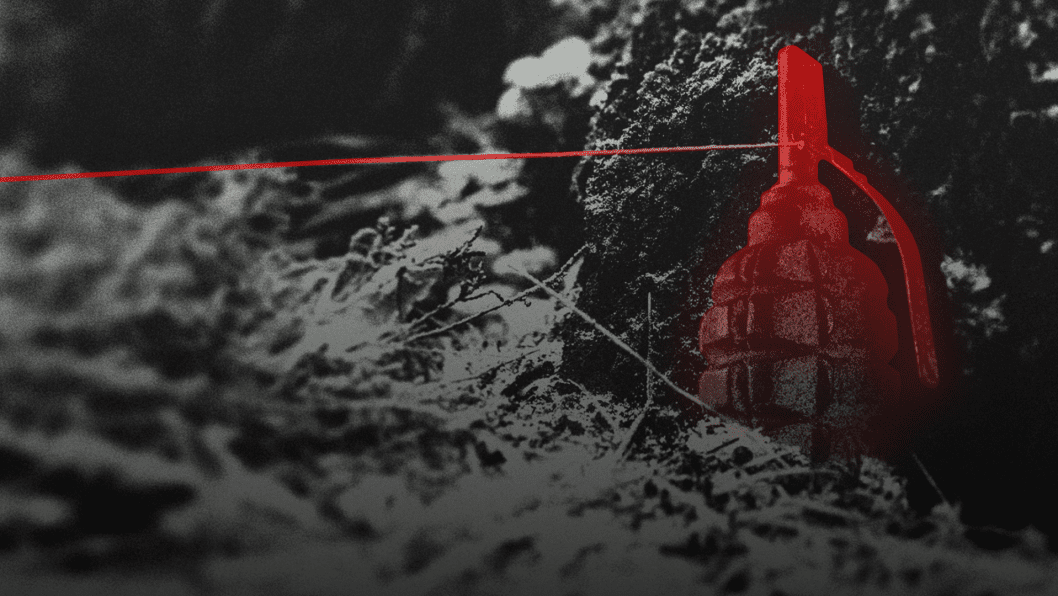


-72b63a4e0c8c475ad81fe3eed3f63729.jpeg)
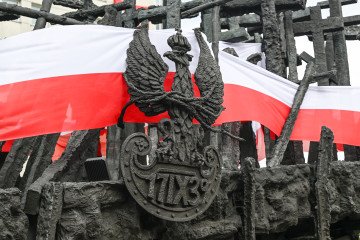
-111f0e5095e02c02446ffed57bfb0ab1.jpeg)
